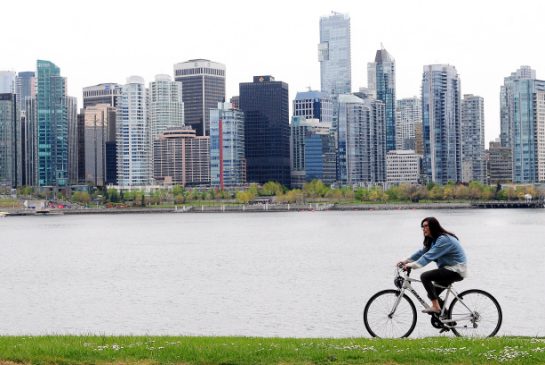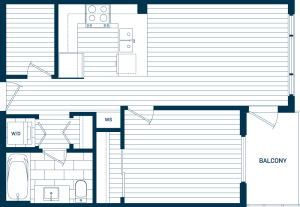Can Federal Government solve Vancouver’s Housing ‘Crisis’?
Our Prime Minister Justin Trudeau is in Vancouver. The Prime Minister has just announced a massive funding injection to the public transportation in the region. On Friday June 17, he will be attending a roundtable on housing affordability, which brings tougher Liberal MPs, academics and housing experts.
He acknowledged that affordability issues in Vancouver are very complex puzzle. He also added that they would do everything possible to manage local real estate prices without it effecting the rest of Canada.
“We want to be drawing in money from overseas to continue to make this an extraordinary city, but we need to make sure we’re doing it in such a way people can afford their homes,” he said.
Federal Government has a few tools available to them that will potentially slow down Vancouver’s active real estate market. However, most of these tools will negatively effect real estate markets in other Canadian cities.
One of the tools at their disposal is raising interest rates. However, an increase in interest rates would have to be nationwide which will negatively effect the rest of Canada. Real estate markets in most Canadian cities are already not doing well.
Raising a minimum downpayment to 10% is another tool Federal Government might use. This strategy once again will have a negative effect on the rest of Canada.
Posing an “empty homes” tax could be another solution proposed. This solution might have a very minimal effect. Overseas millionaires who spend $4 million to buy a property will not be discouraged by an additional property tax.
It will be very interesting to see what solutions are proposed if any. It will also be interesting to see if Federal Government will actually get involved in regulating Provincial and Regional real estate.





